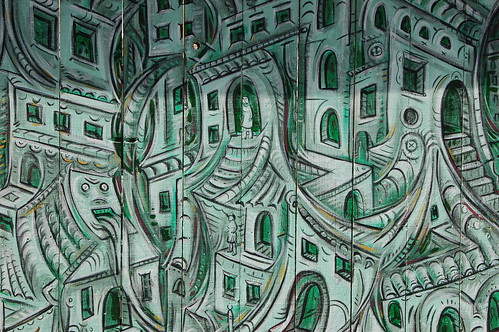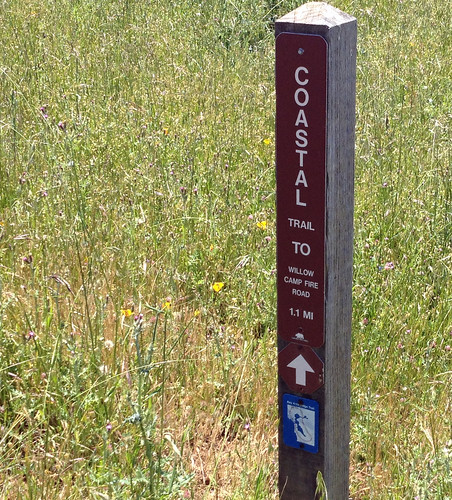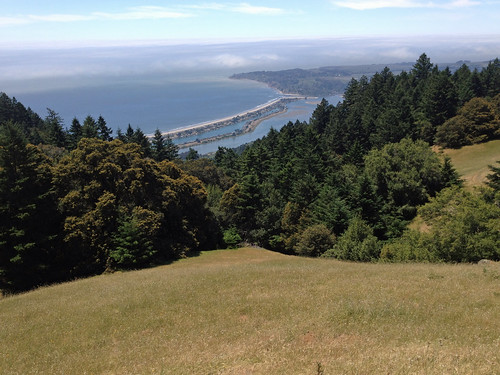In his book on the experience, former Special Inspector General for Oversight of TARP Neil Barofsky sometimes comes off as a cross between the Jimmy Stewart character (Tony Kirby) in the film
You Can't Take It With You and Eliot Ness. That is especially the case in the sections on the abysmal deficiencies of the federal program -- HAMP -- advertised to help homeowners suffering foreclosure in the wake of the mortgage bubble juiced by Wall Street financial cowboys.
Bailout: An Inside Account of How Washington Abandoned Main Street While Rescuing Wall Street begins and ends with Barofsky bemused at how an investigating, Democratic-voting, criminal practice attorney like him ever was nominated for the job of seeing what the Treasury Department did with the $700 billion taxpayer funds extracted from a reluctant Congress in the fall of 2008 when the whole global financial system came unglued.
Suffice to say, he wasn't a welcome addition in Republican Hank Paulson's Treasury Department under Bush and he was probably even less welcome under Tim Geithner when President Obama came into office. He kept asking questions. He expected if they were going to throw all that money around there would be prudent controls. They tried to brush him off -- after all, Wall Street financiers were their kind of people and they trusted them. Besides, nothing was ever really the fault of the money men; it was all some kind of fault-free accident. They were certain some outsider lawyer couldn't possibly understand the entrails of high finance.
In fact, Barofsky understands the financial implosion very well indeed -- this is a great book for anyone who wants to get a basic picture of what the hell the financial plutocrats did (and are doing again) with their clever inventions for betting on our dingy remnants of a real economy. (The only equal in clarity I've read is Gillian Tett's
Fool's Gold.) He spent three years trying to get government officials to use the bailout bonanza they'd come into to restore the economy for ordinary citizens as well as for their peers in high finance. Or at least not to allow crooks to run off with too much of the cash. Though he had some influence, he doesn't feel he succeeded. As he wrote in his last report:
… even if TARP saved our financial system back in 2008, absent meaningful reform, we are still driving on the same winding mountain road, but this time in a faster car [with faulty brakes…]
[Barofsky's addition.] He hoped the Dodd-Frank law would force some changes, especially by breaking up the "too big to fail" banks. Because the recovery as organized under both Bush and Obama has just made these few banks bigger and more politically powerful, he believes we are heading for yet another nasty crash sometime down the line.
Barofsky describes himself as, at times, remarkably politically insensitive. I found it amazing that he didn't understand why efforts to undercut his oversight reached a crescendo right before the 2010 midterm elections. Of course the Obama administration got huffy with this jerk who was messing with their message. Not that he should have shut up, but he could have anticipated some of the grief.
On the other hand, he rapidly figured out that Congresscritters are subject to slightly different pressures than the executive branch and that he could leverage his Congressional supporters on both sides of the aisle to get more influence. Several Congressional figures who seldom get a positive mention from any progressive get high marks for supporting his efforts to avoid fraud: would you believe Darrell Issa and Max Baucus come off as caring about the taxpayers' money? I find it hard. Barney Frank was also a good ally to the oversight function.
Given the mountains of fraud, recklessness, and unethical behavior Barofsky describes here, you might expect that
Bailout is depressing. It is not. It is even sort of fun in a police procedural sort of way. Washington may be a rat's nest of greed, ambition and obliviousness to ordinary citizens, but book is still a testament to how persons with decent values plugging away in our various spheres can make some difference. It's not nirvana, but it can be an improvement.

















































